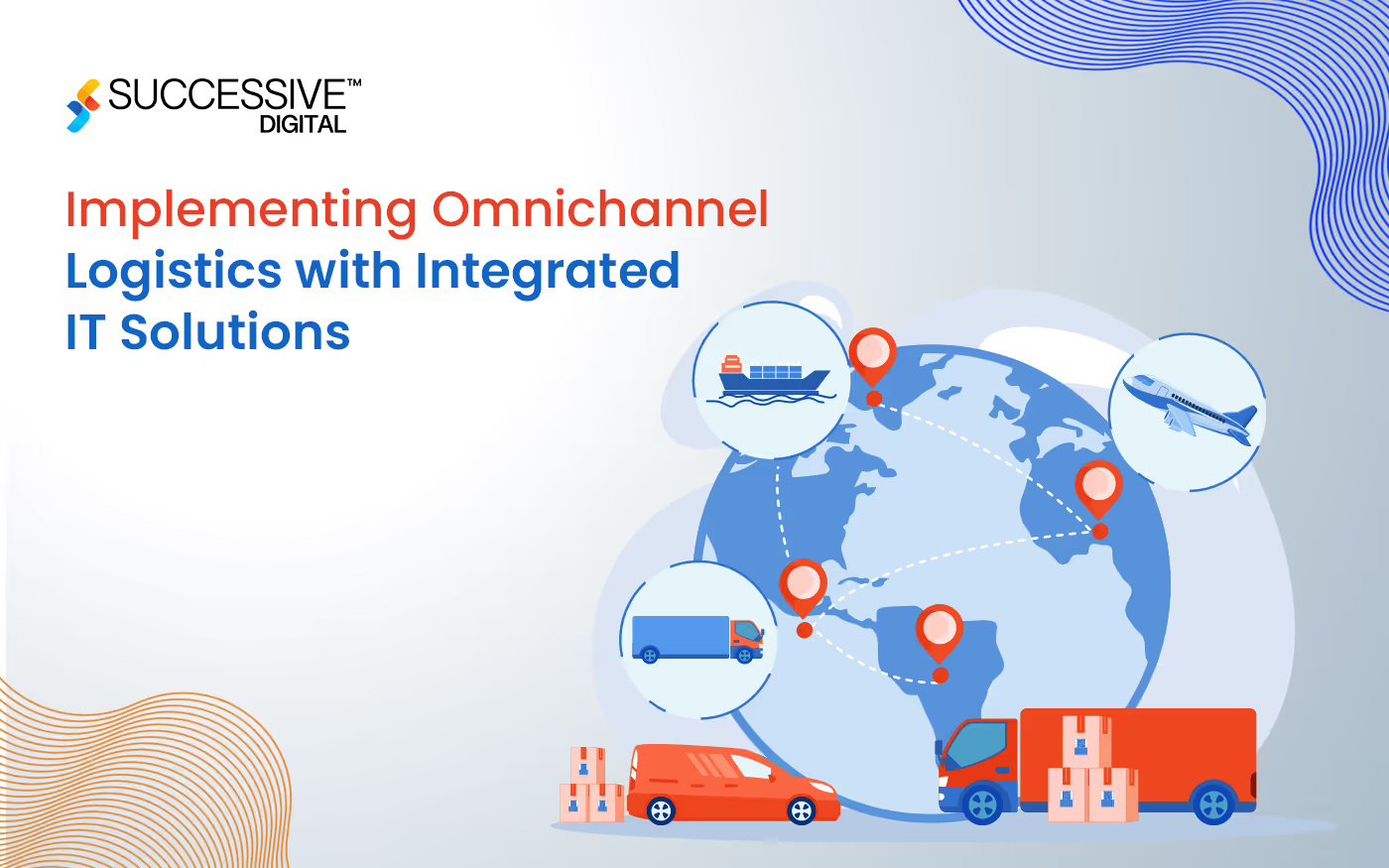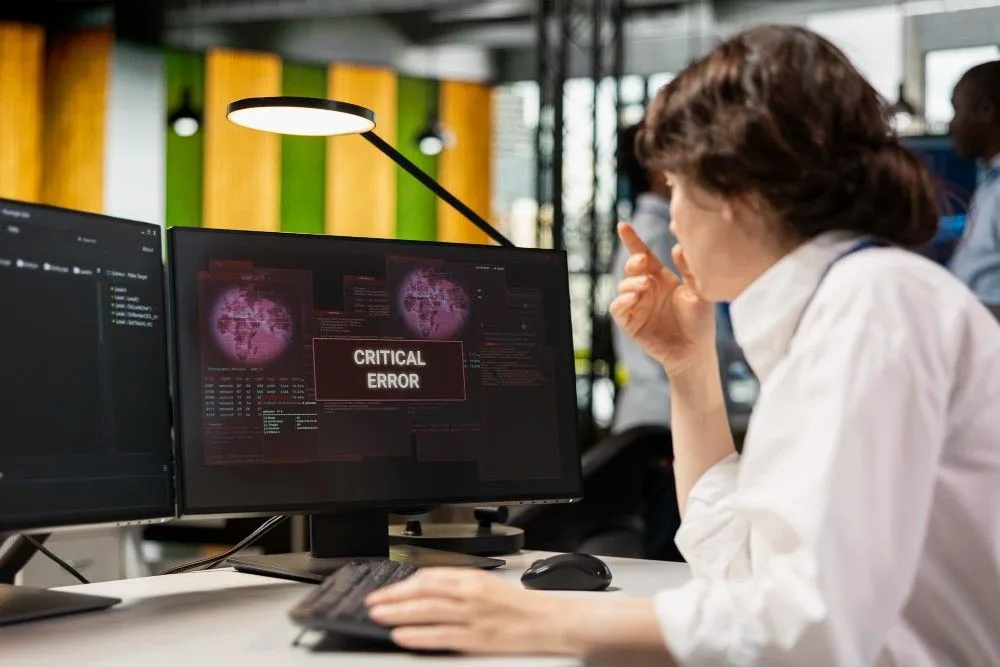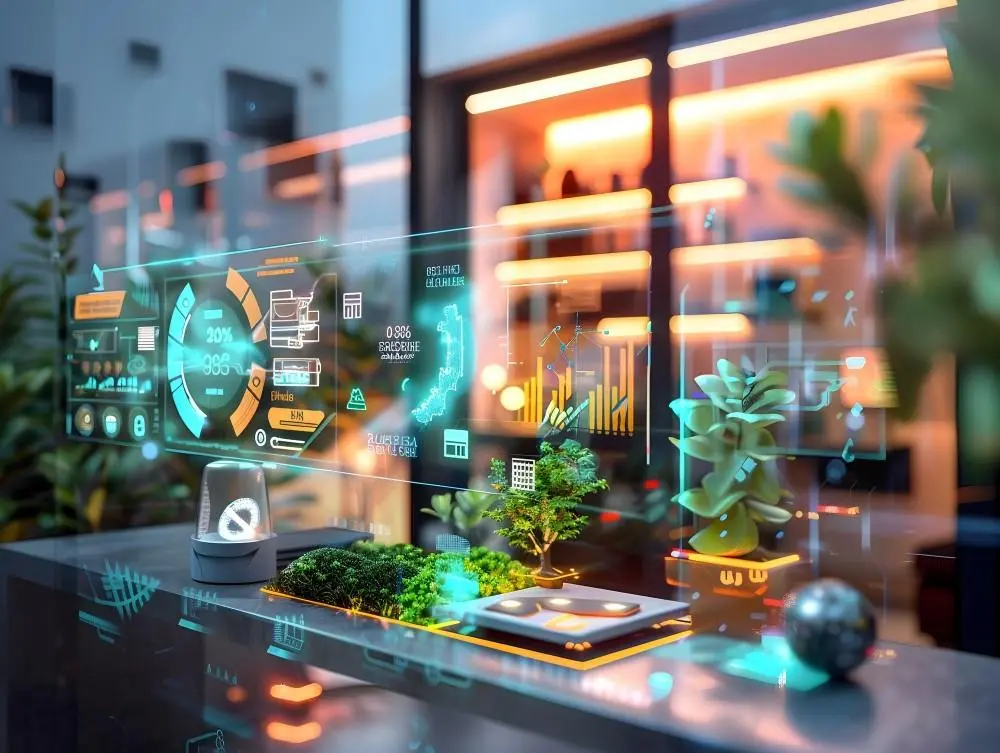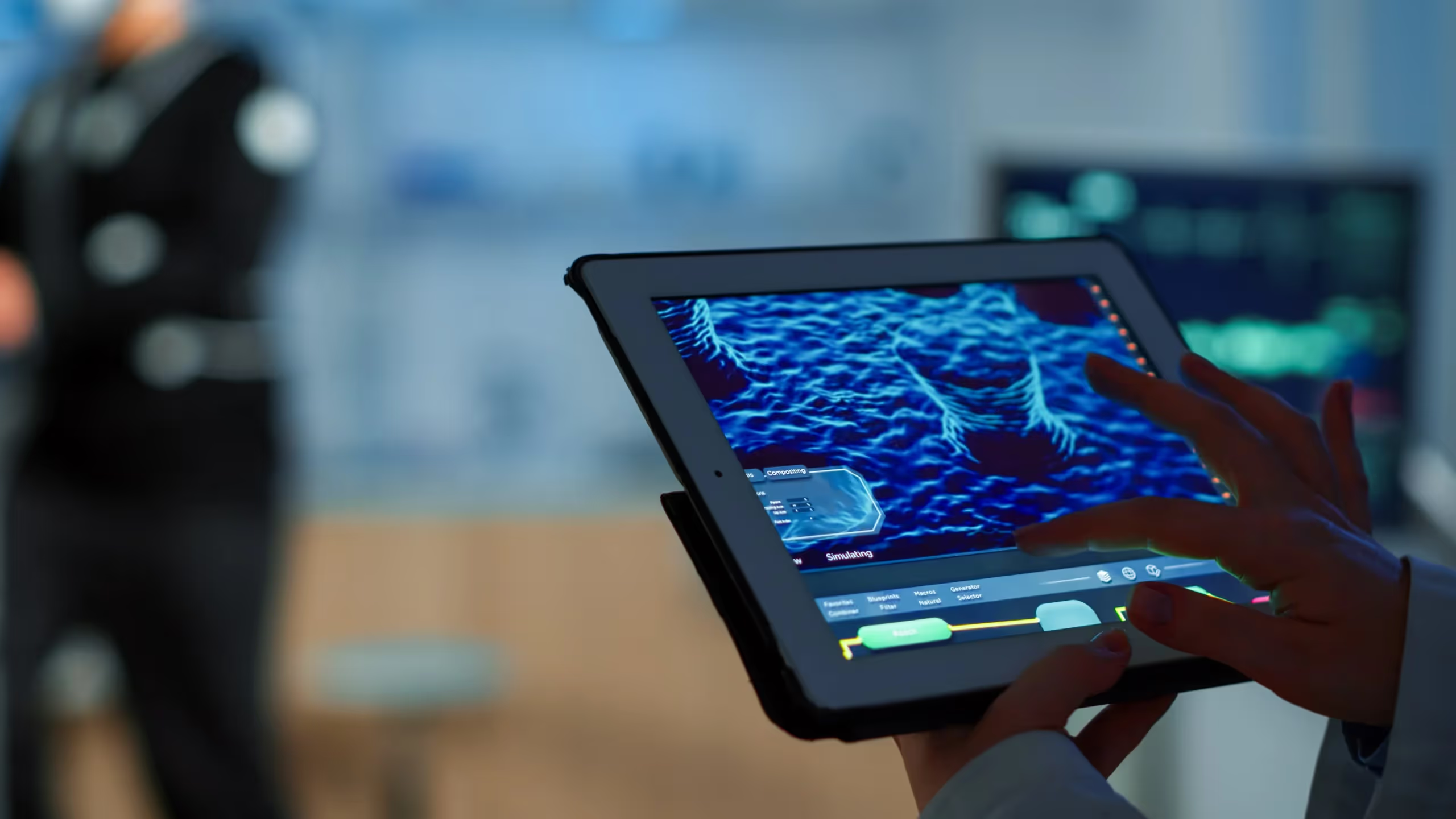In today’s competitive retail space, businesses must adapt to meet evolving customer demands with advanced technology solutions. One tremendous shift has been the upward thrust of omnichannel supply chain, which integrates various sales channels to create an unbroken customer experience. Customers now expect to interact with manufacturers through multiple touchpoints—be it online, in physical shops, via mobile apps, or maybe through social media platforms—without dealing with any friction. This shift has forced retailers to reconsider and overhaul their logistics strategies to meet such heightened user expectancies.At the heart of this transformation is the implementation of integrated IT solutions for logistics, which function as the spine for efficient, agile, and responsive transportation operations. These solutions represent a range of technologies, and facilitate real-time information exchange, improve visibility across the supply chain, and streamline operations to deliver a continuous customer experience. This blog explores the details of omnichannel logistics, highlight the pivotal position of integrated IT solutions, and outlines strategic techniques for their successful implementation, illustrating how businesses can live ahead in an increasingly competitive and ever evolving global industry.
The Role of Integrated IT Solutions
Implementing omnichannel supply chain calls for a robust IT solution for logistics to control the complexities of cutting-edge retail operations. The essential additives of these solutions include:
Enterprise Resource Planning (ERP) Systems:
ERPs centralize data from numerous enterprise functions, offering a comprehensive view of operations. In omnichannel logistics, ERP systems integrate data from sales, inventory, finance, and customer service, facilitating coordinated decision-making and efficient resource allocation. They allow organizations to screen and control assets, streamline approaches, and enhance efficiency along with seamless digital logistics integration.
Warehouse Management Systems (WMS):
A WMS optimizes warehouse operations by handling stock, monitoring inventory levels, and coordinating order fulfilment. Integrated with other IT systems, a WMS ensures that inventory data is always correct and up-to-date, which is critical for maintaining stock levels across multiple channels. It significantly reduces the risk of stockouts and overstock situations, providing a sense of security and preparedness to retailers.
Transportation Management Systems (TMS):
A TMS enables plan, execute, and optimize the physical movement of goods. It manages shipping routes, monitors deliveries, and provides real-time tracking information, giving you a sense of reassurance and control. Integration with other logistics systems ensures that transportation is coordinated with order processing and stock control, improving transport speed and reliability.
Customer Relationship Management (CRM) Systems:
CRMs manipulate client interactions and information throughout the patron lifecycle. Integrated with logistics structures, CRMs provide valuable insights into purchaser alternatives and buying behaviours, allowing customized advertising, and enhancing client pleasure. They facilitate a more cantered approach to patron engagement and retention.
Order Management Systems (OMS):
An OMS handles order processing from multiple channels, ensuring that orders are promptly fulfilled. Integration with ERP, WMS, and TMS ensures seamless coordination of stock and transportation, enhancing the general efficiency of order achievement. This integration permits actual-time order monitoring, improving transparency and consumer trust.
Benefits of Implementing Integrated IT Solutions in Omnichannel Logistics
- Enhanced Visibility and Transparency
Integrated IT solutions for logistics offer real-time visibility into inventory levels, order status, and fleet monitoring. This transparency allows businesses to respond quickly to changes in demand, control stock tiers effectively, and offer accurate data to customers.
- Improved Customer Experience
With integrated IT solutions for logistics, businesses can offer a constant and seamless user experience across all channels. Customers can enjoy flexible options, including buying online and picking up in-store (BOPIS), returning items through any channel, and receiving customized suggestions based on their purchase history.
- Increased Operational Efficiency
Automation and real-time statistics synchronization significantly reduce manual procedures and decrease mistakes. Integrated logistics technology systems streamline workflows, from order processing to stock control and transportation, leading to quicker and more efficient operations, making the team more productive.
- Better Decision-Making
Data from diverse channels and touchpoints is consolidated into a single source of truth. These comprehensive statistics allows retailers to make informed choices, optimize stock degrees, plan powerful advertising strategies, and improve supply chain management.
Case Study: Successful Omnichannel Logistics Implementation
Background
The retailer, running both on-line and offline channels, faced challenging situations in handling inventory, fulfilling orders, and providing a constant customer experience to its users. Disjointed structures brought about stockouts, delayed deliveries, and unhappy consumer satisfaction rate.
Implementation
The store applied an integrated IT solutions for logistics comprising ERP, WMS, TMS, CRM, and OMS structures. The integration enabled real-time information exchange between multiple functions and streamlined operations throughout all channels.
- ERP System: Centralized data from sales, inventory, finance, and customer service, supplying a unified view of operations.
- WMS: Optimized warehouse operations, ensuring accurate inventory stages and efficient order success.
- TMS: Managed transportation, optimized shipping routes, and extended real-time tracking status.
- CRM System: Consolidated user feedbacks, enabling personalized advertising and marketing plans for improved user interactions.
- OMS: Coordinated order processing, making sure well timed and accurate order success.
ResultsThe integrated logistics technology led to significant upgrades within the store’s operations:
- Enhanced inventory visibility decreased stockouts and overstock conditions.
- Streamlined order processing and efficient transportation brought about change for faster deliveries.
- Consistent customer experience across all channels along with improved user satisfaction and loyalty.
- Data-powered decision-making enabled better inventory management and advertising strategies.
Implementing omnichannel supply chain with integrated IT solutions for logistics is critical for businesses trying to thrive in today’s dynamic retail space. These digital logistics integrations offer the foundation for seamless operations, better visibility, and improved customer experience. By cautiously planning the implementation, deciding on the proper technology, specializing in data integration, and investing in training, retailers can efficiently rework their logistics operations and capture a competitive advantage in long-run.
.avif)










.jpg)









